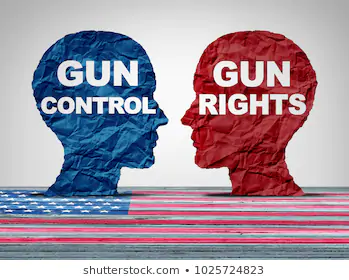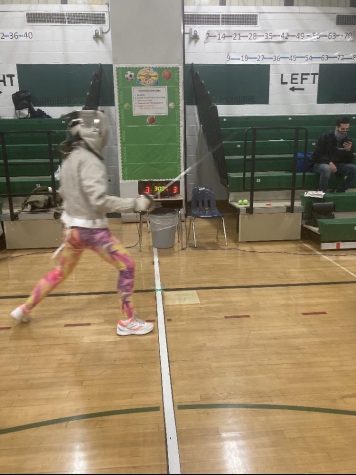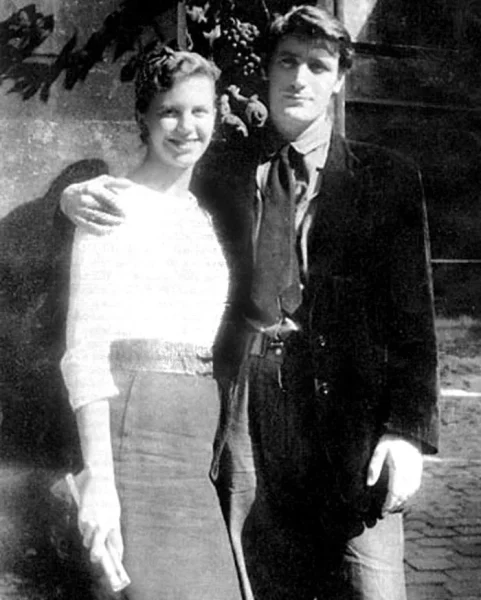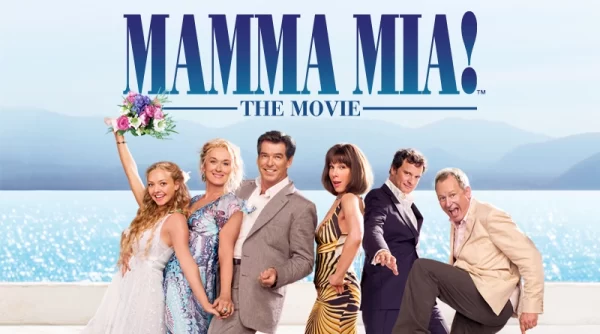Should Guns Be Restricted?
September 29, 2020
During the past few years, a great deal of American citizens have been worrying about gun violence. That fear has pushed people to believe gun laws are a priority. They are hoping for political leaders to enforce the existing laws and to create even more laws. According to a study done by Gale, there were 39,773 firearm-related deaths in 2017, although almost ⅗ of those deaths were due to suicide. Still over 14,000 deaths were present due to gun violence. That number has been increasing since 2014; therefore, it is understandable why people are impatient. It is surprising there wasn’t any control sooner, since the first guns were created in the tenth century.
The second amendment provided modern people with a defense that they have the right to use a gun for self defense. So why should that right be altered? It is the Bill of Rights after all, probably one of the most known documents for Americans. Or are they dismayed considering the opposite viewers will push too far which may lead to guns being stripped from everybody? Gun control has been inching it’s way up from the collective minds and seems far from going away. Even the second amendment was considered for redesigning after the suggestion that it was too privilege warranting. Gun control laws are said to balance out all of that uncertainty of dreadful freedom and chance of horrendous choices and crimes.
There are still some acts to repent the second amendment, one being the National Firearms Act passed in 1934. The first major federal gun control legislation as per Gale that permitted permission for certain weapons, increases taxes on firearms, and prevents the sale of high danger weapons. The Federal Firearms Act of 1938 enforced the previous law. After Dr. Martin Luther King Jr died, the Gun Control Act (in 1968) was created to cease similar assassinations. That banned certain unhealthy and unfit folks from obtaining firearms; however, it didn’t run how it was intended because it faulted the purchaser more than the seller. Fortunately The Firearms Owners’ Protection Act of 1986 fixed all of those misconceptions and additionally controlled where firearms can be sold. This law was praised by both sides especially pro gun Americans for the reason above.
The Brady Handgun Violence Prevention Act of 1993 is an extension to the Gun Control Law. It is named for James Brady, who was the press secretary to President Ronald Reagan and was shot in the head during an attempt to assassinate 12 years before. The Brady Handgun Violence Prevention Act required a five-day waiting period for all handgun sales, and a background check was to be made on all potential consumers. The National Instant Check System replaced that in 1998. President George H. W. Bush agreed to a popular policy-in-the-making that banned importing assault rifles. In 1994 the federal government placed a ban on the making and selling of specific types of weapons and varying copies.
Most of the laws had successful results, especially the Brady Act. It was credited for notable shrinking declines in homicides, robberies, and aggravated assaults using guns within the first three years. Between 1993 and 2006, gun-related homicides fell by 32 percent. By 2013 the FBI announced the law had restricted over two million firearms sales and had prevented over two million firearms sales to ineligible individuals.
On the contrary, too much control is never a good thing and guns are able to possess some practical uses. As stated by Ammo, armed citizens actually scare criminals more than the police, as seen from 31% of a 1,800 people scale. Also 80% avoid citizens and homes they believe have firearms. Another thing is that sometimes it can take police officers 15 minutes to an hour or more, based on your location, so guns can be used to fill that void of safety and are easier to take to arrive at the scene of a crime. Additionally owning a gun affects your mood including boosts of confidence, pride, and responsibility, lowers stress, gives physical discipline, releases adrenaline. Lastly shooting is still a new skill you can accomplish and is something new to learn.
A little after 2004 the states created their own version of “right” pertaining to gun control. For example in California, New Jersey, and Massachusetts, a permit or license is required to buy a gun. In Illinois and Utah a person with a license is legally allowed to carry a concealed handgun in public while other states including Alaska and Vermont, allow individuals to do the same without a license.










